Science at St. Mary’s starts from the premise of practical exploration and the understanding that Science is an everyday presence in everyone’s world. Both key stages experience practical and theoretical lessons where questioning is encouraged. This enables children to develop an age appropriate understanding of the world around them and the part they play in it.
Science Intent:
Science at St. Mary’s starts from the premise of practical exploration and the understanding that Science is an everyday presence in everyone’s world. All children experience practical and theoretical lessons where questioning is encouraged and celebrated. This enables children to develop an age appropriate understanding of the world around them and the part they play in it. We want our children to understand how scientific enquiry and critical thinking can help deepen our understanding of the world and how human impact plays a very important role.
A high-quality science education provides the foundations for understanding the world through the specific disciplines of biology, chemistry and physics. Science has changed our lives and is vital to the world’s future prosperity, and all pupils should be taught essential aspects of the knowledge, methods, processes and uses of science. Through building up a body of key foundational knowledge and concepts, pupils should be encouraged to recognise the power of rational explanation and develop a sense of excitement and curiosity about natural phenomena.
Science Implementation:
Children’s scientific learning begins in Reception, based on learning under the ‘Health and Self-Care’ and ‘The Natural World’ strands. The children have many opportunities to learn from first-hand experiences throughout the year and make links to other aspects of their learning. For example, during the Summer term, the children observe first-hand the life-cycle of caterpillars metamorphosing into butterflies, which links to their class text, ‘The Very Hungry Caterpillar’.
The KS1 and KS2 curriculum is sourced from Snap Science (Second Edition), a scheme of work produced by Collins. The units are planned in such a way that enable children to build on prior knowledge as they move through the school and give an opportunity for enrichment activities which enable children to extend their knowledge in real life situations.
Children in KS1 will develop their knowledge and scientific skills over units which cover Materials, The Seasons, Animals and the Human Body and Plants & Habitats. Many of these units are taught in a cross-curricular way linked to English and Mathematics.
Building on KS1 units studied, children in KS2 develop their knowledge and skills with units on Plants & Habitats, Animals including Humans and Properties of Materials. New units are introduced including Light, Sound, Electricity, Forces, Rocks, States of Matter and Evolution & Inheritance.
Science Curriculum Overview:
Science Week March 2022
The staff and children at St. Mary’s had a wonderful time celebrating British Science Week 2022. Our ‘Science Day’ took place on Wednesday 16th March and the children were given many opportunities to explore this year’s theme of ‘Growth’. They were invited to come to school dressed in something that might link to Science or represent ‘growth’; we saw some very creative outfits, including sunflowers, bees, scientists, and a very impressive astronaut! Throughout the day, much fun was had by all, trying different investigations, such as ‘Growing a Rainbow’, ‘Making Ice Stick’ and ‘Growing Patterns’. Every child in the school also had the chance to sow some wildflower seeds in their very own class garden, located in the school grounds. We are very excited to watch them grow and hope they will attract a variety of wildlife. We also had the privilege of inviting some members of our parent community into school, to visit classes to discuss their science-based job. These included a rheumatologist, a physiotherapist, a Science tutor, a clinical scientist and an architect! The children were fascinated to hear about these different jobs and really enjoyed asking questions that they had prepared. We also enjoyed our visit from the Education Group who led some exciting Science workshops, where every class learnt about the elements, the magic of lift and the power of pressure! It has been a pleasure to see such enrichment and celebration during British Science Week, which supports our passion to develop a sense of excitement and curiosity in our children about natural phenomena and the world around us. Please take a look at some pictures from the week:
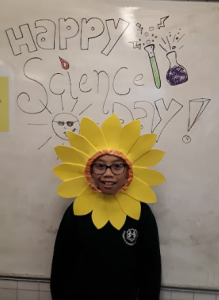
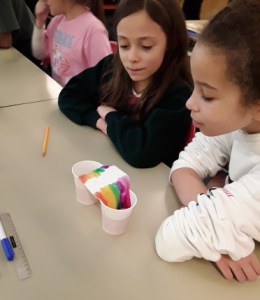
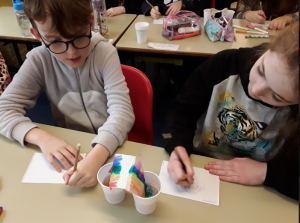
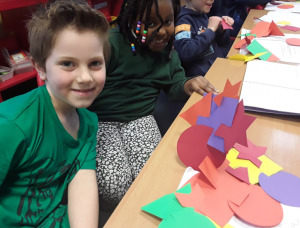
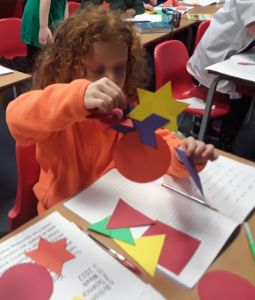
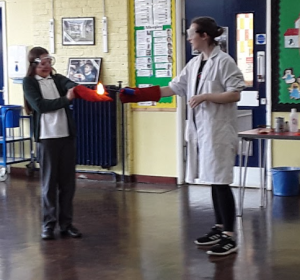
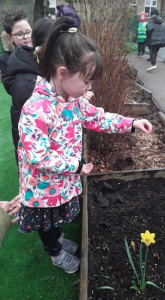
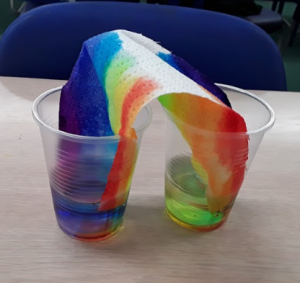
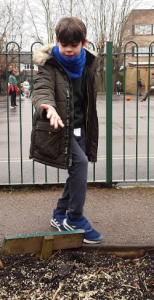
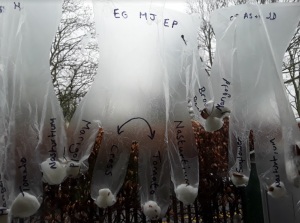
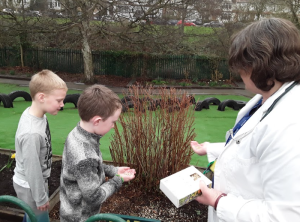
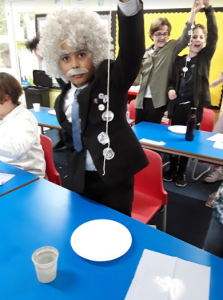
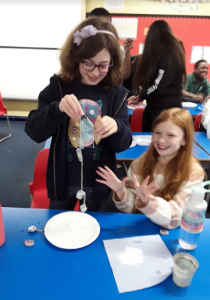
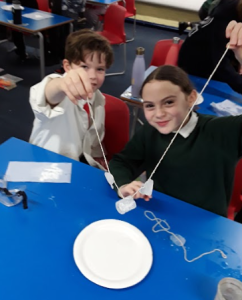
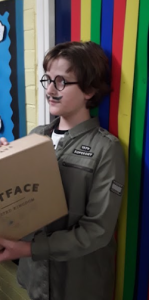
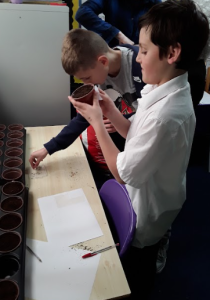
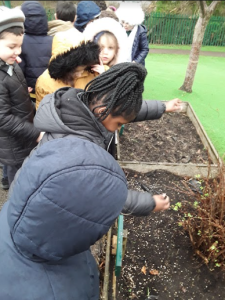
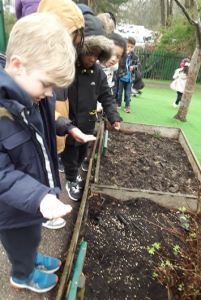
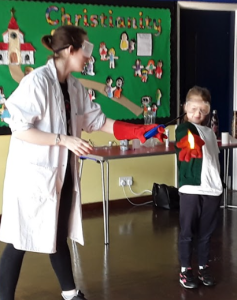
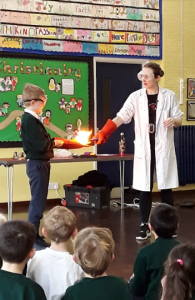
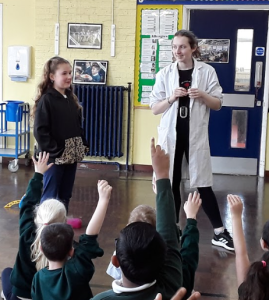
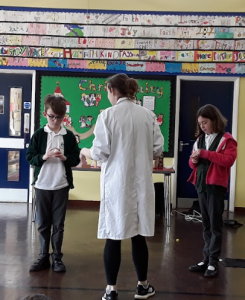
Examples of our exciting learning in Science:
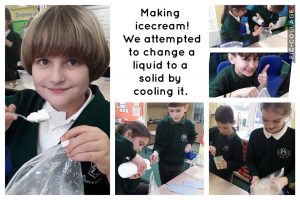
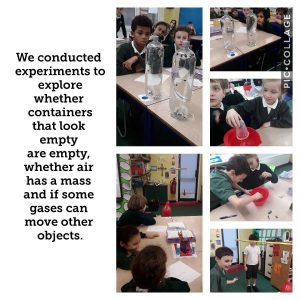
Click here to see a post all about the KS2 Mission Invertebrates workshop!
Click here to see a post about Lockdown science learning
Click here to see a post about the famous Jelly Rabbit…..
Click here to see how we are developing Science learning using trees on the school grounds and here to see Y1 children comparing the body structures of amphibians to the body structures of reptiles